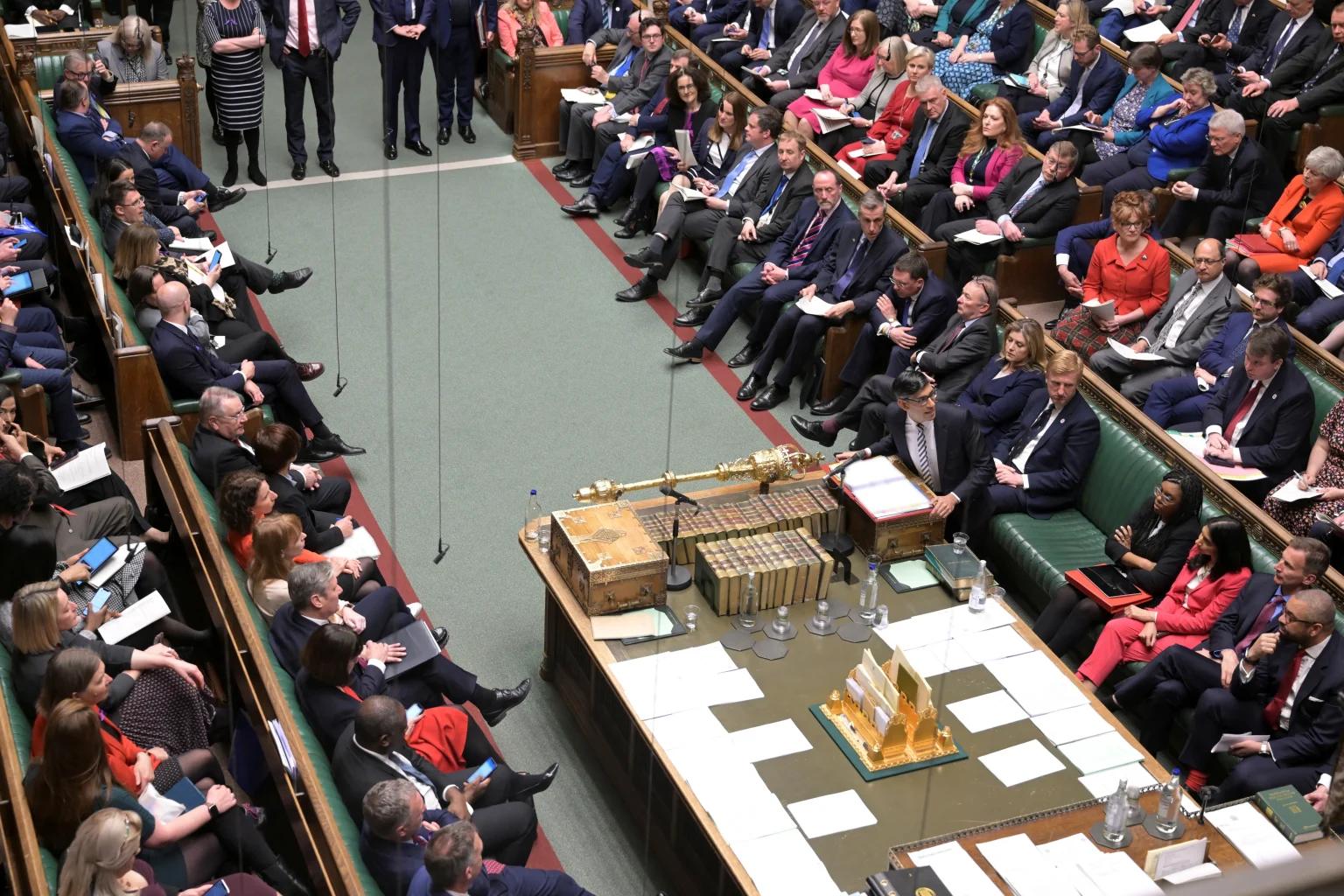Tory peers have voiced concerns about a proposed conversion therapy bill, warning that it could lead to what they term a “thought crime.” The House of Lords deliberated a Private Member’s Bill presented by Liberal Democrat Baroness Burt of Solihull, aiming to make practicing or offering conversion therapy linked to sexual orientation and gender identity an offense in the UK.
Baroness Burt explained her bill’s comprehensive nature, ensuring protection for all LGBT+ individuals without loopholes. She emphasized its focus on preventing coercion into behavior change, with law enforcement required to demonstrate both action and motivation in prosecution attempts.
However, Conservative peers criticized the bill, arguing it could restrict discussions among parents, teachers, psychiatrists, and religious practitioners. Former minister Lord Forsyth of Drumlean labeled it as poorly drafted and dangerous, expressing concerns over potential unlimited fines and its impact on family dynamics, free speech, and religious beliefs.
Conservative Lord Sandhurst echoed these sentiments, criticizing the bill for creating a broad criminal offense resembling “thought crime.” Conversely, Crossbench peer Baroness Hunt of Bethnal Green stressed the need for clarity in defining conversion practices.
While Women and Equalities Minister Kemi Badenoch has stressed the necessity of a ban on conversion therapy, the Conservative Party reportedly remains divided on the issue. This division was evident in differing statements from various leaders, including former Prime Minister Theresa May, who pledged to end conversion therapy in 2018. However, Boris Johnson’s stance evolved, initially promising to forbid it in 2020, then retracting plans to include therapies targeting transgender individuals. In January 2023, the government announced plans to ban conversion therapy for all individuals, including transgender people, in England and Wales.


